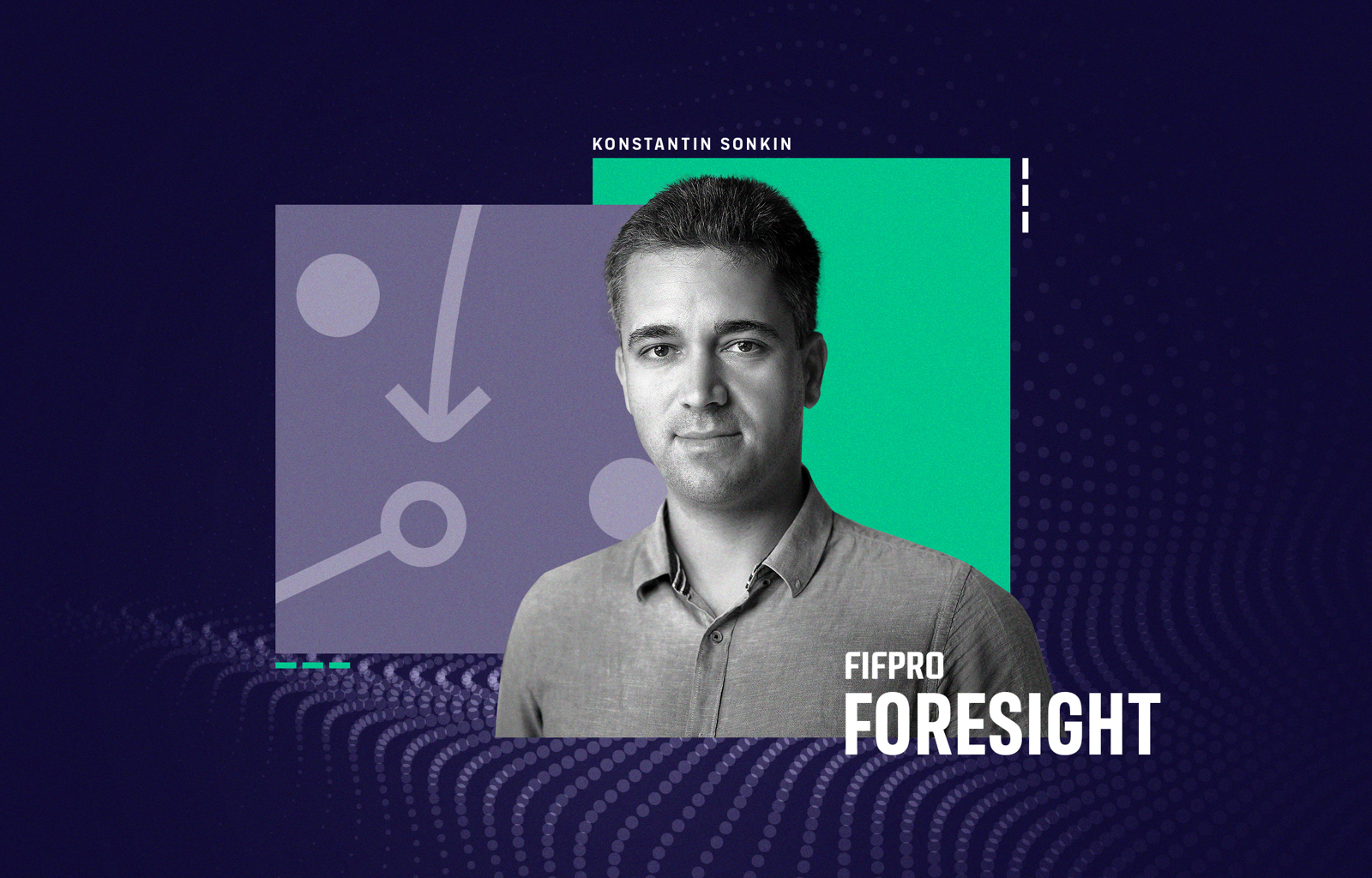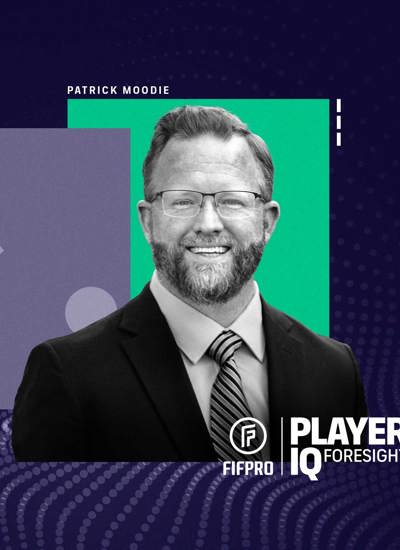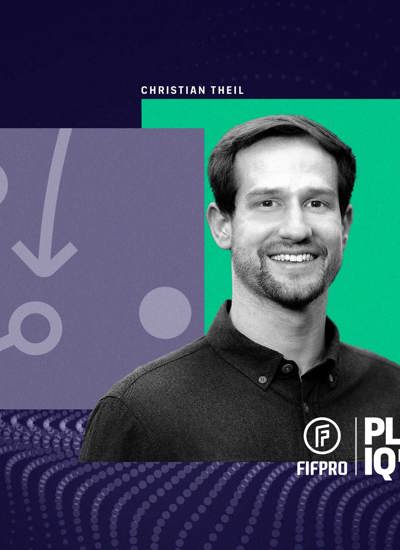
Our guests’ opinions do not necessarily reflect the position of FIFPRO
When it comes to developing their top talent, professional sports invest heavily in the knowledge and the technologies that can give them a competitive edge. Clubs search for trainers and coaches of the highest calibre. They embrace every innovation. They design comprehensive training programmes that seek to improve every aspect of their players’ lives: nutrition, fitness, sleep, recovery.
But what we see, over and over again, is that one critical component – arguably the most important – is often missing. We still spend so little time training and strengthening the brain.
The brain coordinates our muscles: one of its most vital functions. It activates specific neural pathways for each and every move we make. What does this mean for a professional footballer? Everything. To perform an action successfully and consistently – a dangerous corner kick or an inch-perfect long ball – a player needs to strengthen the pathway in the brain that controls that particular action. It takes thousands of repetitions – all those long hours on the training ground – to strengthen the pathways and master a skill.
This not only demands time and patience; it exposes every athlete to the risks of injury. This is where the brain comes in, its secrets unlocked by our growing knowledge of how it works. Thanks to the latest advances in neuroscience, athletes can now achieve the required repetitions with no physical load, and master a skill with no risk of injury. The technique is a game-changer. Its name is ‘neurofeedback’.
I launched i-BrainTech to explore these opportunities. We are now the first provider of neurofeedback training for sport. In its early years, the technology supported the victims of strokes and brain injuries who suffered paralysis; it helped them to regain mobility. Later, we saw an opportunity to adapt the technology so that it could strengthen and refine motor capabilities; professional athletes were the ideal first-users.
Imagine a video game where you control the action by using your mind’s eye: you visualise the field of play, you consider what you want to do next, then you make your choice – without moving a muscle in your hand. This is how i-BrainTech provides top athletes with neurofeedback training.
The science is fascinating. Before performing any physical act, the brain creates a mental plan of action. By visualising in advance what it wants to do, the brain launches the planning process without making a physical movement. If our arms and legs finish the job, the planning starts long before, in the brain.

During i-Brain’s training, athletes wear a cap that tracks the electrical impulses of brain activity. By visualising their own movements on-screen, they call on specific parts of their brain. In real time, our system measures how well the athlete activates the specific pathways for concentration and motor control – two processes that are critical for a skilful footballer. Mental repetition and real-time feedback strengthen the athletes’ neural pathways, helping them to perfect these actions on the field, especially under pressure.
Our partnership with the Israeli Football Players’ Organization (IFPO) has played a vital role. IFPO represents more than 1,000 professional footballers in Israel; they were happy to join us on the journey. For many years now, IFPO has helped its players to enjoy the benefits of Israel’s thriving ecosystem in sports technology.
IFPO often refers injured players to i-BrainTech so that we can enhance their recovery. Israeli footballer, Dor Jan, who plays for Paços de Ferreira in Portugal’s Primeira Liga, trained with i-BrainTech for two months while recovering from a cruciate ligament injury. Dor told us how determined he was to make a full and heathy recovery; i-Brain was one of the options he wanted to try. After the treatment, Dor could appreciate how the technology maintained his brain activity, helping him to come back ‘stronger and sharper’, as he told us.
i-BrainTech supports players at various stages in their career. As well as enhancing the recovery from injury, it also helps young players to develop their full range of athletic strength and ball skills. Recent studies of professional clubs in different countries show how players have markedly improved their long passes, free kicks, penalty kicks, and other important techniques.
Football’s leaders have seen the opportunity. Many have already started to integrate brain training into their routines. Just recently, Liverpool FC used neuroscience training to improve their penalty kicks. This is the bright new world in which i-BrainTech has turned the knowledge of leading neuroscientists into an accessible tool that supports players and teams at every level.
The margin between a failed pass and one that leads to a goal, like the margin between victory and defeat, is tantalisingly fine in football. Milliseconds and millimetres divide winners and losers. As we begin to understand our brain, and learn how to work with its secrets, our potential as athletes only grows and improves. Exciting times lie ahead.

About
Dr. Konstantin Sonkin
Dr. Konstantin Sonkin is the Co-Founder & CEO of i-BrainTech, a Tel-Aviv based neurotechnology company on a mission to radically enhance cognitive functioning, unlock human potential and solve real-world issues with applied neuroscience. Prior to launching i-BrainTech, Konstantin spent more than a decade conducting research relating to neuroscience and AI. He has published multiple scientific papers and holds a PhD in Computer Science. Konstantin previously led an R&D team at Tel Aviv University School of Neuroscience, a novel center for innovation, who under his guidance, successfully developed AI-based neuro-interfaces to support restoration of brain function in stroke patients.


